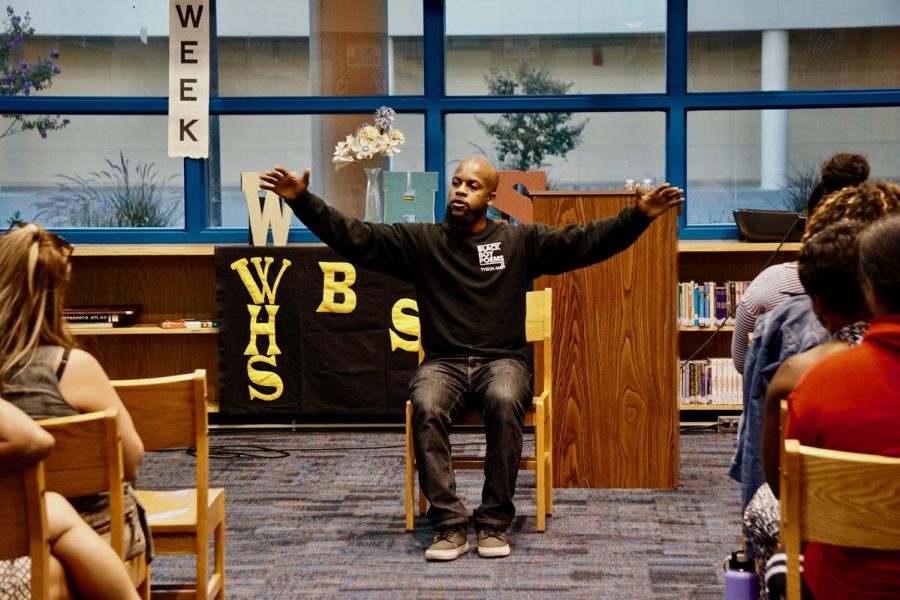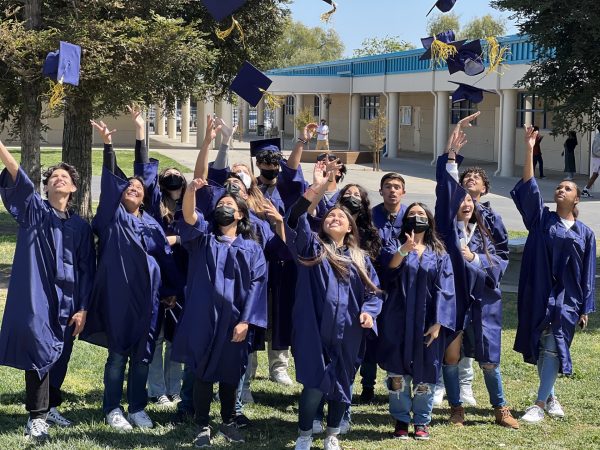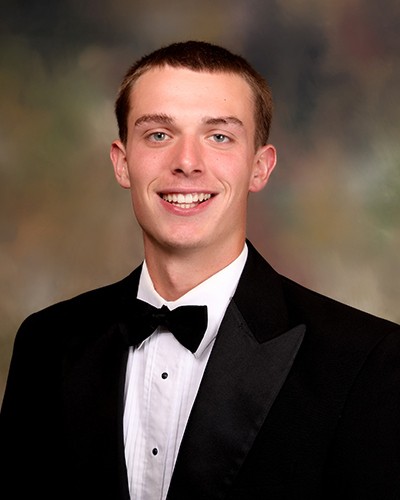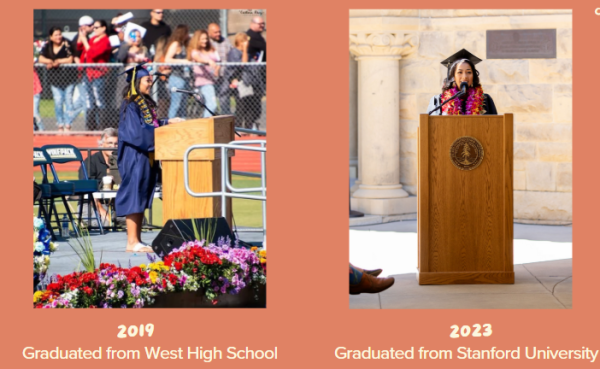Voicing Truths with BSU
Representation in our school systems can be lax. For most students of color, learning about their own culture and past in their history textbooks can be summed up on one page. It is often frustrating for these students to have their own past casually mentioned in class. This was the issue emcee, poet, educator and activist Tyson Amir saw. He brings his lyricist skills and background into shaping a curriculum for students of color to learn about subjects like social justice and cultural responsibility. Amir is an avid believer in how younger generations can change almost anything, saying, “Using an example of the Black Panther Party, the average age of a member of the party was something between 16-19…these young people came together with that understanding of who they were and what they were capable of. They took that and made an impact; they took action.”
Amir understands the social impact of aforementioned Black Panther Party because his father was a member of that community. Amir grew up in the Bay Area, witnessing the change that his father brought about. This inspired him to take on an activist role to educate the younger generation and pass the symbolic torch to go about and make a difference. When asked if he is trying to inspire the next Martin Luther King, Jr., Audrey Lorde or Huey Long, he stated, “Martin, Malcom, and Huey were here; there is a lot we could learn from them and we need to; [however] it’s not 1965 or 1966, it’s 2019. We need new people. I am not saying I am one of these people, but there isn’t a Tyson Amir, that’s me. So I will be trying to figure out how I can help my people in this day in time.”
Having people create identities for themselves is his message to those who think that they can’t make a difference. That is what the book he shared, Black Boy Poems, is about: to be rooted, to understand your history and culture, to use your words and change them into actions and to manifest that change.




